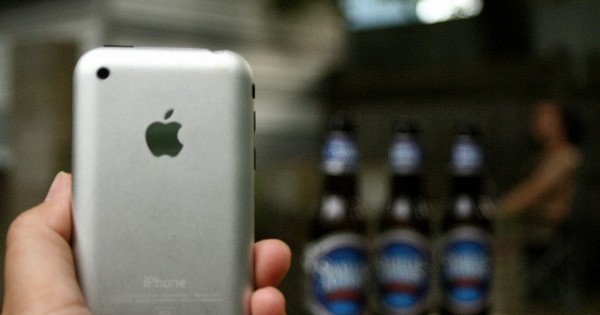
One of my students described how her friends now insist on having their pictures taken before they do anything. She explains: “If we go to a restaurant or to a concert, they first have to pose at the table or in front of the theater and have photos taken on their cell phones for subsequent posting on their Facebook pages. They have to be sure that their hair is right and that they are standing in a properly cool position.” She then demonstrated the favored posture—hand on hip, three-quarter turn. This, apparently, is the pose to strike when chronicling one’s life.
I recall a version of this from my childhood, when my father used to take his camera with him on our vacations and insist on recording our every move. My sister and I often refused to pose for him, sensing that the camera was getting in the way of the experience itself. Walker Percy addressed a similar phenomenon in his 1954 essay, “The Loss of the Creature.” He discussed how our anticipatory framing of an experience, especially a visit to a famous place, keeps us from relating to what we are seeing in an unmediated way.
What my student described is an exaggerated example of this sort of detached relationship to living. The experience is superseded by its representation on a Facebook page. The self is edited and framed in the manner that one might curate a museum exhibition.
Is this a bad thing? The part of me that refused to pose for my father’s camera says it is. I still believe in an unself-conscious, unmediated approach to life. But it may be that the curated self is no longer a choice. We live in a society in which surveillance is everywhere, and young people are especially aware, in a competitive job market, of the importance of maintaining a proper image as they think about getting into college, getting a job, and once on the job, getting evaluated for promotion. Their Facebook page is an adjunct to all this. They know they are being continually watched and judged.
The pressure of so much self-curating may also account for the excessive drinking that is standard practice among young people these days. Getting drunk offers the chance to abandon a curated self in favor of an unmediated, uninhibited one, if only for a brief period. The problem, of course, is when that unmediated, uninhibited self gets photographed by friends and put on their Facebook pages. That’s when they become the ungainly foils to others’ self-curation—something they really should avoid.

